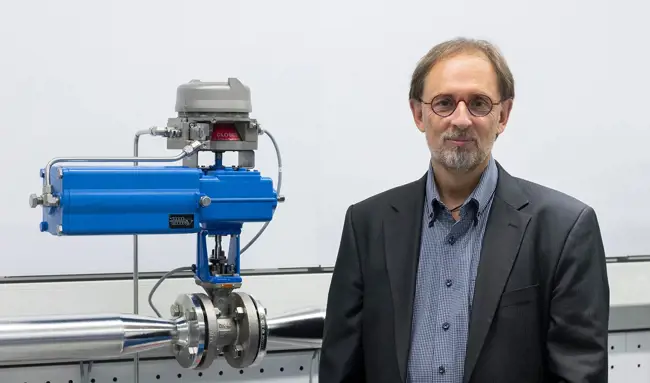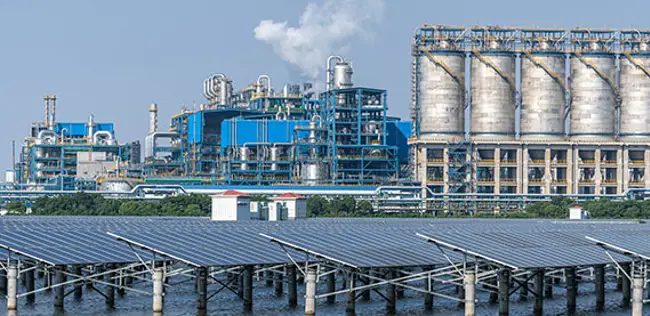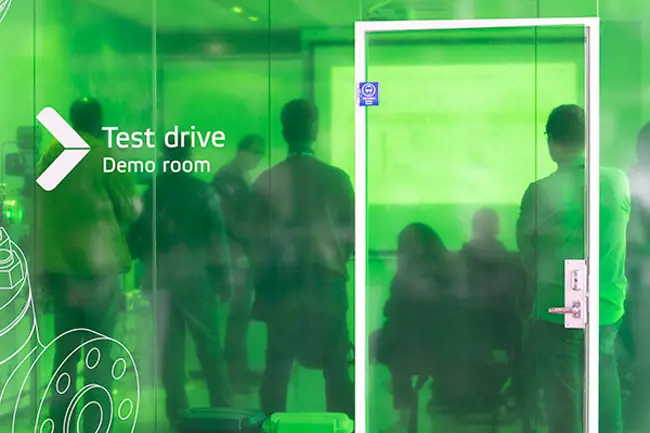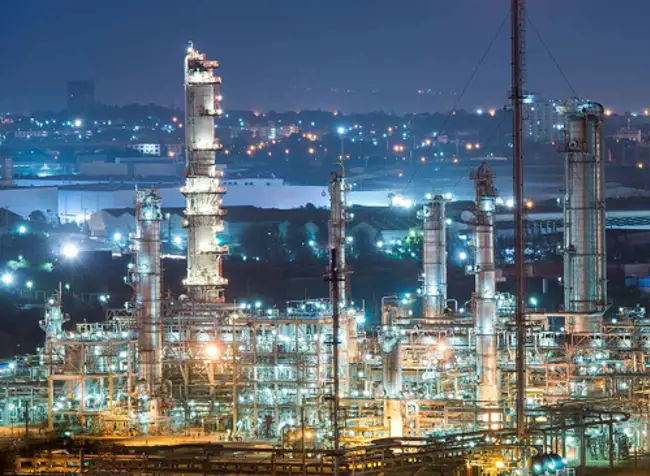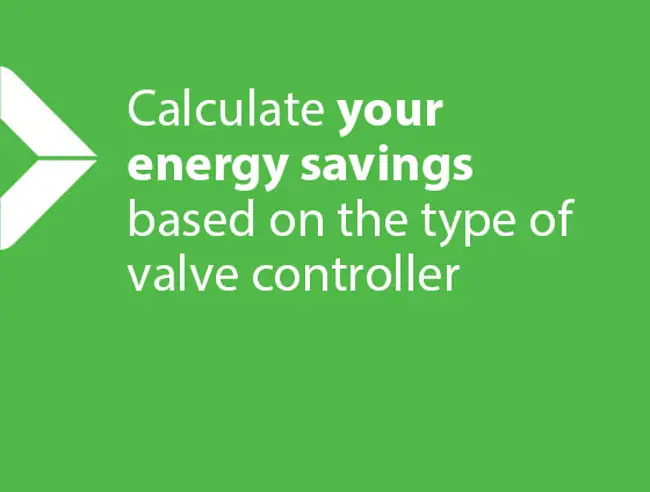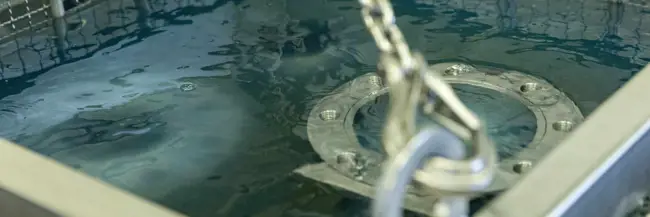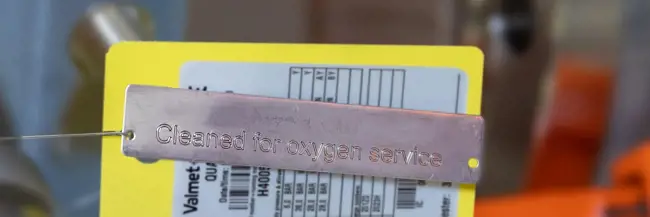Flow control part of energy transition
Jan 17, 2024
Currently, energy transition and the move toward greener energy production is a hot topic everywhere in the world. Our flow control customers are also exploring and investing in new ways to produce more sustainable energy. We had a quick interview with Ville Kähkönen, Director, Renewable Energy and Gases at Valmet’s Flow control business line about this hot topic, and how Valmet’s long experience in the industry can help customers move forward with their future energy plans.
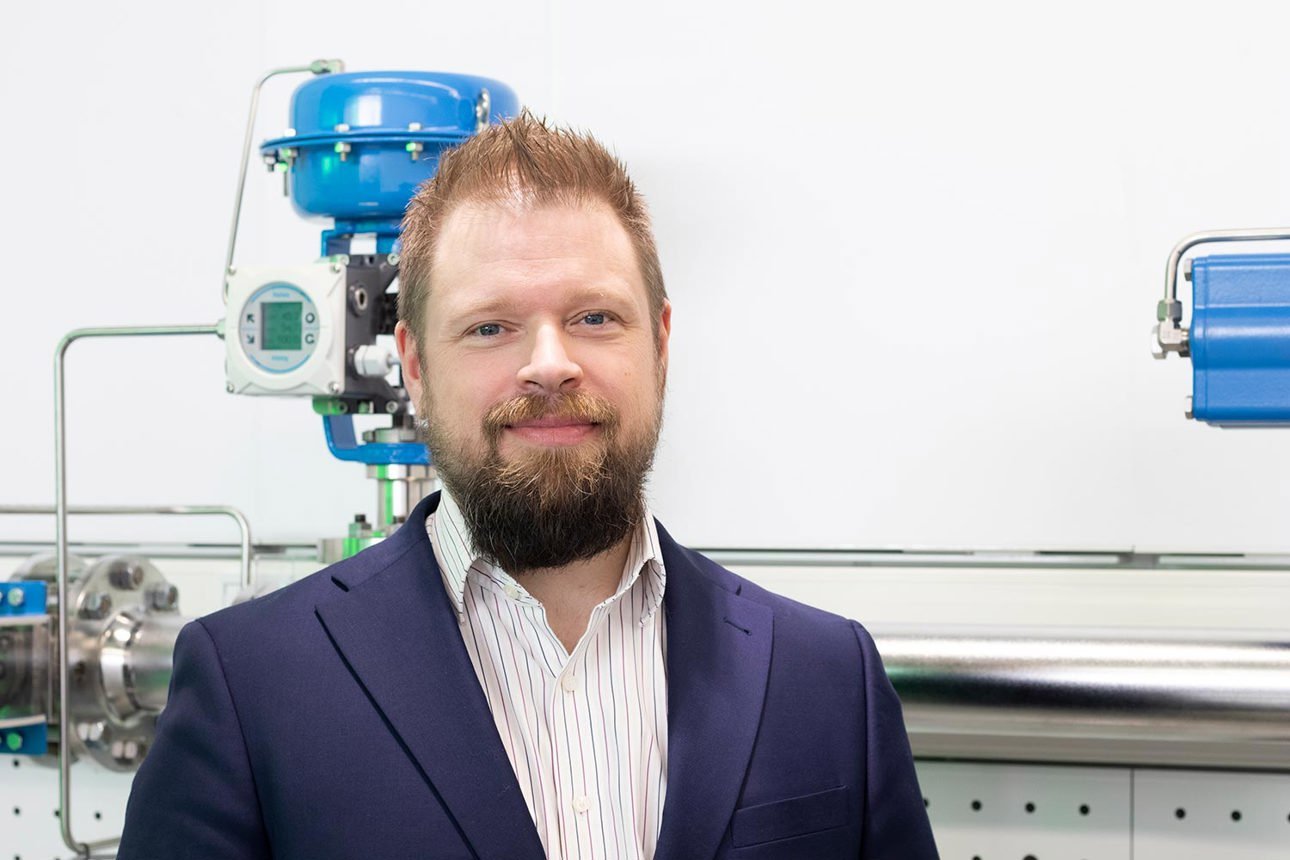
How do you see the energy transition now?
A few years ago, the major boom in energy transition was all about green hydrogen, and a year ago it received even more attention when the energy crisis happened in Europe. To achieve the climate targets, there’s now a lot more focus on Carbon Capture, which means a mix of different CCUS technologies.
This is good news for Valmet’s flow control business, as we have an extensive background in different processes, and we can also come up with special solutions if required.
How do you see the new technologies affecting Valmet’s flow control offering?
I see the new technologies being more of a discussion point with our customers. We have an extensive offering, and if there is any doubt that the process will have some new conditions, we can already take it into account in the valve selection.
A typical example is material selection. If the customer lacks previous experience of this, we can use our material engineering to propose the best possible solution.
What is the biggest challenge for valves?
When discussing the biggest challenge for valves, it’s good that a lot of the processes are not in any way new to us – we know how they work.
However, there can of course be some challenges when going from a demo unit to industrial scale. Then we need to look at the process again and think about whether the same type of valve will work, or if we need to offer something else.
This is also the most interesting part of the work – seeing technology develop and move toward the sustainability targets.
What is the winning technology for producing future energy?
At this stage, it’s quite impossible to say what the winning technology for producing future energy will be, but I would see it as mix of multiple technologies, all having their own place. There are so many interesting innovations waiting to be commercialized that I can only look at this all from a wider view.
Discover our flow control solutions for eliminating emissions and going green
